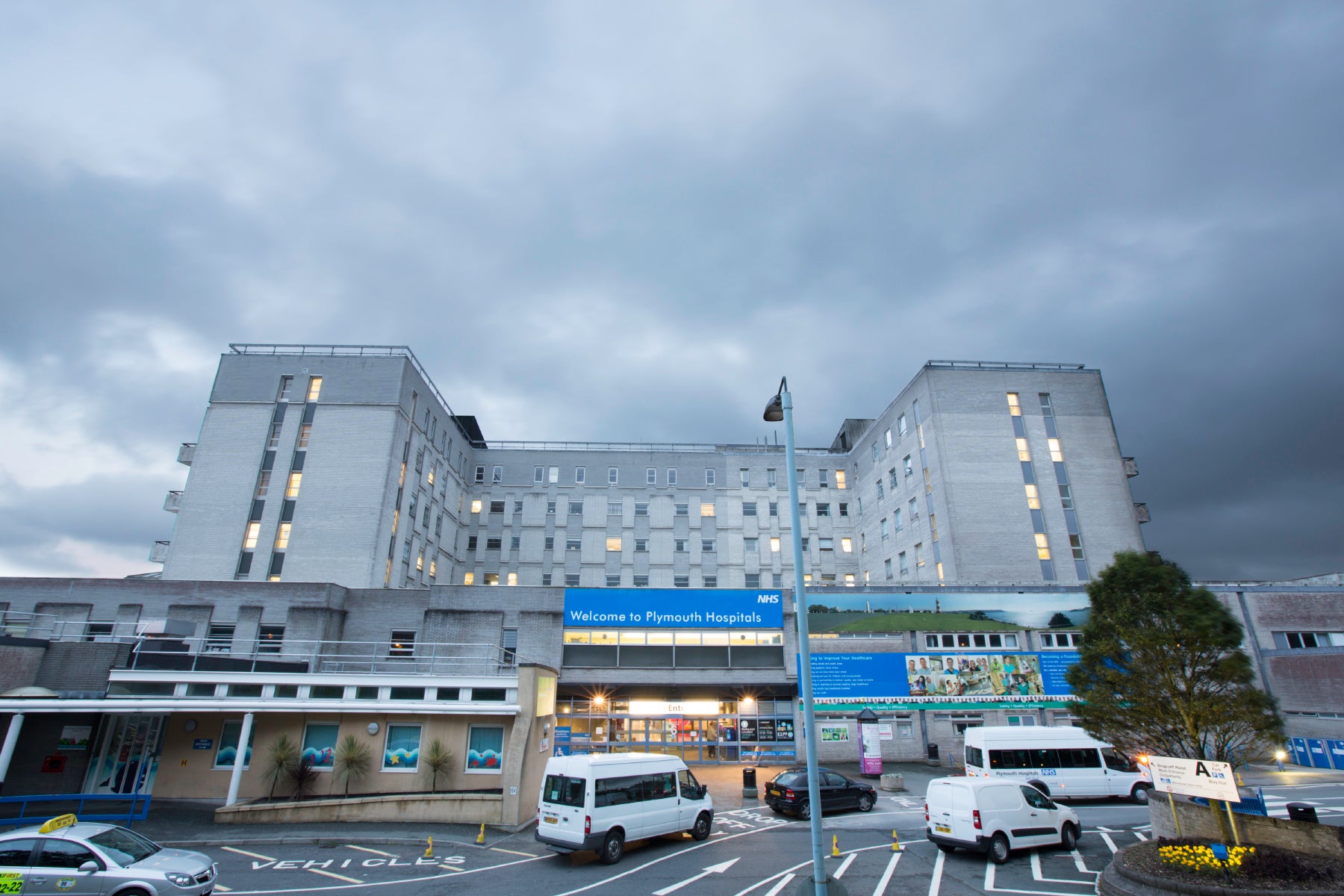Grandmother killed after helicopter blows her over at hospital
Jean Langan, 87, sustained a head injury from the fall and died a short time after incident

Your support helps us to tell the story
From reproductive rights to climate change to Big Tech, The Independent is on the ground when the story is developing. Whether it's investigating the financials of Elon Musk's pro-Trump PAC or producing our latest documentary, 'The A Word', which shines a light on the American women fighting for reproductive rights, we know how important it is to parse out the facts from the messaging.
At such a critical moment in US history, we need reporters on the ground. Your donation allows us to keep sending journalists to speak to both sides of the story.
The Independent is trusted by Americans across the entire political spectrum. And unlike many other quality news outlets, we choose not to lock Americans out of our reporting and analysis with paywalls. We believe quality journalism should be available to everyone, paid for by those who can afford it.
Your support makes all the difference.An elderly grandmother died after being blown over by a helicopter bringing a patient to hospital in Devon.
Jean Langan, 87, sustained a head injury from the fall and died a short time after the “unusual” incident at Derrifold Hospital in Plymouth in March last year.
A watchdog said a catalogue of safety issues led to the death of Ms Langan, a retired civil servant.
Ms Langan had been in the car park with her niece when the Coastguard aircraft landed on the hospitals helipad, located in a secure area of one of the car parks.
An Air Accidents Investigation Branch (AAIB) report found failings in the positioning and management of the helipad, which was built to comply with guidance at the time.
It said the hospital did not have adequate guidance in place to address helicopter ‘downwash’ - the change in direction of wind caused by a helicopter’s rotor blade.
As a result, the risk of people being in the car park while a helicopter landed was not identified, the report said.
Several helicopter downwash complaints and incidents at Derriford Hospital were recorded and investigated previously.
Action was taken in each case to address the causes identified.
But the investigations did not identify the need to manage the downwash hazard in Car Park B - the one where Ms Langan was blown over.
She had been attending an appointment at the hospital when gusts of wind from the helicopter knocked her off her feet.
A second woman, in her 80s, was injured in the same incident on 4 March.

The woman suffered a broken pelvis when the force of the backwash forced her car door to slam on her.
The search and rescue helicopter, a Sikorsky S-92A, had been airlifting a casualty to the hospital from Tintagel, a small village about 44 miles away in Cornwall.
The report said there was confusion between the helicopter pilots and the hospital staff.
The aircraft commander believed that the car park surrounding the helicopter landing site would be secured by the hospital’s response team.
But the co‑pilot believed these staff were only responsible for securing the site.

An inquest opening was told that Ms Langan died shortly afterward from a head injury.
Crispin Orr, chief inspector of Air Accidents said: “This was an unusual and distressing accident in which an aircraft undertaking a mission to save life, sadly also resulted in the death of an uninvolved person and serious injury to another.
“Our in-depth investigation revealed systemic safety issues around the design and operation of hospital helicopter landing sites which need to be addressed at a national level.
“Helicopters used for search, rescue and emergency medical services play a vital role, but it is essential that the risks associated with helicopter downwash are understood and well-managed.”
He added: “The investigation has raised awareness of this issue and been a catalyst for important safety action, which has been taken to mitigate the immediate risk.
“In addition, nine recommendations have been made in this report to help improve coordination between the aviation and NHS stakeholders, to ensure the protection of uninvolved persons from helicopter operations at hospital helicopter landing sites across the UK.
Join our commenting forum
Join thought-provoking conversations, follow other Independent readers and see their replies
Comments